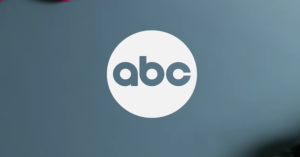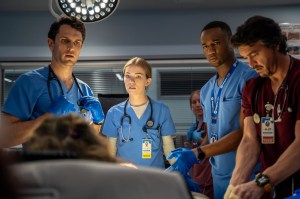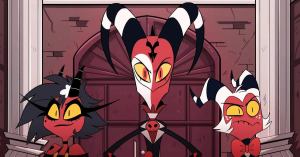One of the great injustices of Game of Thrones‘ disappointing ending was that HBO itself wanted the series to keep going, despite its massive cost up front in production. It was exciting but unsurprising when the network finally greenlit House of the Dragon – a prequel leaning on the most fantastical and most expensive element of the franchise. Somehow, fans everywhere – myself included – were shocked when most of their complaints about House of the Dragon Season 2 boiled down to a lack of investment from HBO, but there is still a lot to love about this season and the hard work it did to keep Westeros interesting.
House of the Dragon Season 2 picked up with war ostensibly underway, though fans now complain that it lacked action and spectacle. The beginning of this war is like the beginning of a high school dance – a crowd of people excited to participate but not wanting to be the first one to make a fool of themselves. While the season could have had more action, I would argue that this awkward false start is mostly authentic, even if two clandestine meetings between Rhaenyra (Emma D’Arcy) and Alicent (Olivia Cooke) felt like a bit much.
Videos by PopCulture.com
A deeper reading of this “lack of action” issue will lead you to reports about the writers’ strike and HBO’s decision to cut the episode count down to eight rather than 10 – possibly after a 10-episode season had been plotted and written. It seems like this is the reason the producers chose to cut the two major battles from the end of the season and leave them for Season 3, which is as understandable as it is disappointing. If such speculation is correct, it means the issues with this season’s pacing and action are far outside the scope of a critical review, having more to do with an analysis of business strategy at Warner Bros. Discovery than anything else.
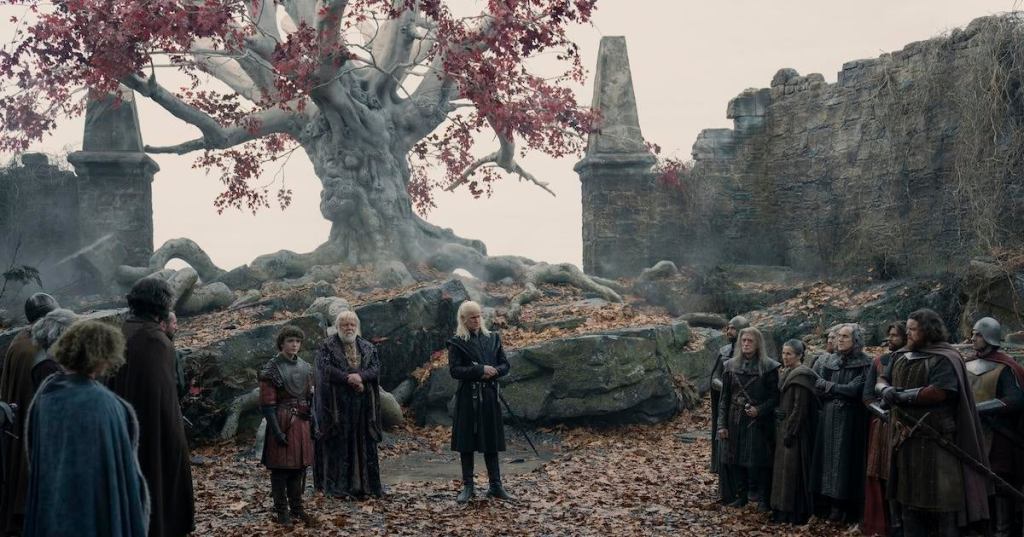
There’s not much to be gained by lamenting the season that wasn’t made, but there’s a lot to say about the final product we did get. It was clear from the beginning of Season 1 that House of the Dragon was meant to subtlely shift the depiction of Westeros to be more magical, be more faithful to the books, but at the same time tie its own narrative stakes to the nominal climax of Game of Thrones – the battle with the White Walkers. However, Season 2 was much more ambitious in this regard, and more successful than fans might have expected.
This effect hinges entirely on the domino effect of planting and payoff that fans wouldn’t have dared dream this TV show was attempting. We learned that King Viserys I (Paddy Considine) had prophetic “dragon dreams,” that House Targaryen conquered the Seven Kingdoms over an ancestor’s dragon dreams, and that prophecy motivated far more characters than we previously believed. However, Season 2 showed us the transformation of a worldly man into a true believer in the form of Daemon Targaryen (Matt Smith). This arc was worth every bit of screen-time it took up, as it sets the template for many of the stories we might get in this TV franchise going forward.
Daemon’s slow, creeping transformation into some kind of seer is masterful, and it may be the most enduring legacy of this show when it’s all over. Smith is incredible – while we all expected him to swing swords and ride a dragon, this season he was left only with ominous scowls to tell Daemon’s story. He excelled at depicting the ego’s struggle against a powerful dissociative force. Daemon did not need to see a prophecy for this story to work, as readers of Fire & Blood can attest, but this addition is perfect for a screen adaptation and for the building of a greater franchise in particular.
Sadly, the show’s other big medium-based gamble did not pay off this season – the attempt to keep Rhaenyra and Alicent’s relationship front and center. The dynamic between them is admittedly compelling for a TV drama, but it does not fit neatly into Westeros and it is clearly not what fans are interested in anymore. Instead, the show should be leaning into the strength of its ensemble just as Game of Thrones did, pivoting to different perspectives in order to follow the action. Prince Jaecerys (Harry Collett) and Baela Targaryen (Bethany Antonia), in particular, could have used more exploration this season.
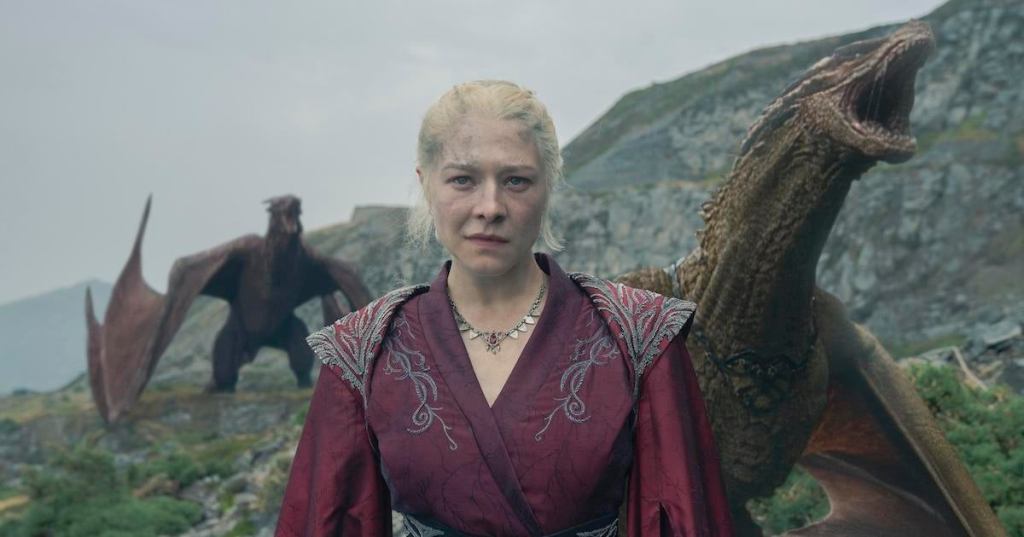
Another misstep that can’t be attributed to WBD was the change to Rhaena’s (Phoebe Campbell) story, at the expense of a beloved book character named Nettles. This change is baffling but it doesn’t seem to have played out yet, as showrunner Ryan Condal still will not discuss it in detail even with the season over. Most analysis of this change so far hinges on speculation about where it is going in future seasons, but in the context of Season 2 alone, it’s just irritating and confusing.
All in all, the failures of House of the Dragon Season 2 are easier to stomach knowing that most of them are ripple effects starting high up the corporate ladder, not in the writers’ room or on the set. No one will love every single frame or every single word of dialogue – I certainly don’t – but it’s clear that the team here loves the source material and worked hard to bring it to life. I hope that they get to work with less restraint on future seasons so they can do this story justice.
Meanwhile, the victories of Season 2 are easy to celebrate – especially for die-hard fans of George R.R. Martin’s book who are hopeful for a more faithful adaptation on screen. This season, we saw Wierwood dreams on screen in a way that Game of Thrones never dared to depict them, not to mention a “Green Man.” For Gayle Rankin’s haunting performance as Alys Rivers alone, I will love this season and revisit it time and time again. If HBO will only provide the soil and writers like these keep them freshly watered, Wierwood roots will burrow into this franchise so that every spinoff makes Westeros more dense, more alive and more compelling.
House of the Dragon is streaming now on Max. Martin’s books, including Fire & Blood, are available now in print, digital and audiobook formats.

